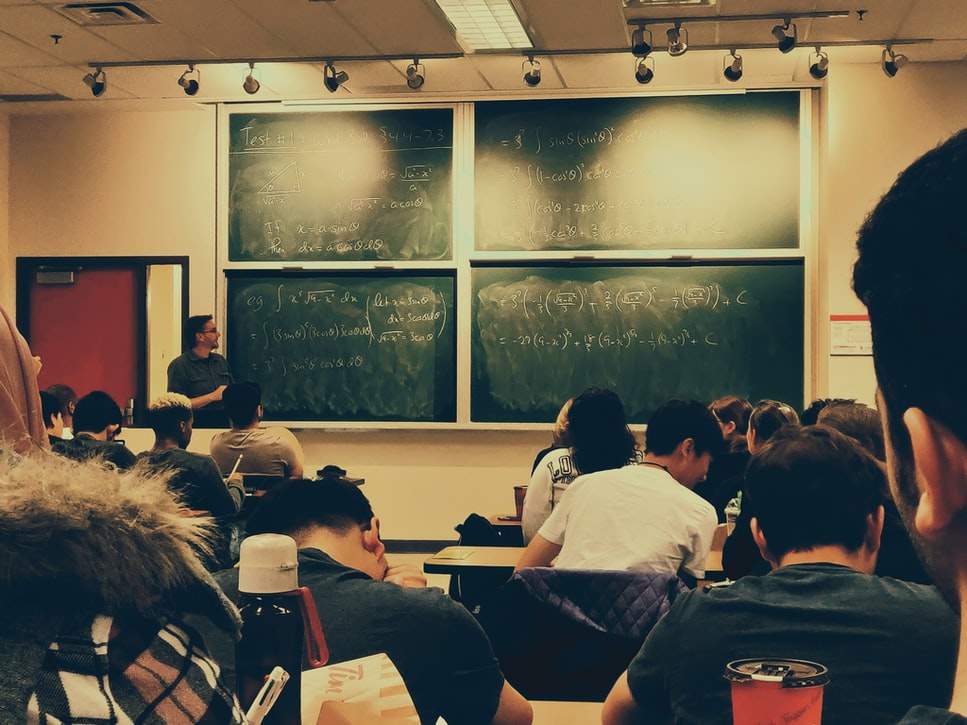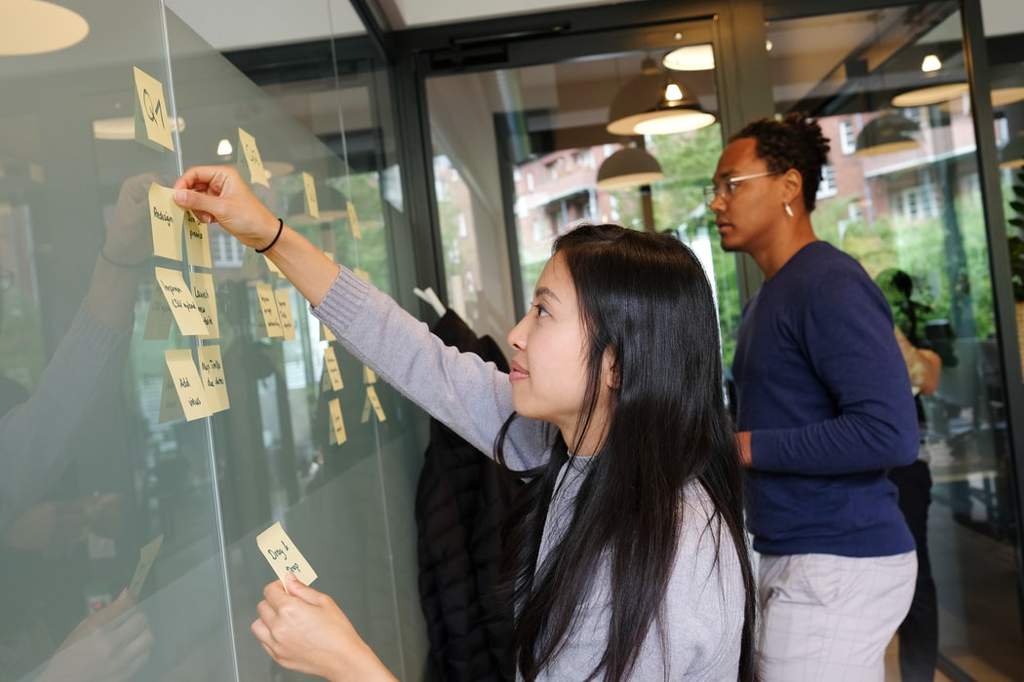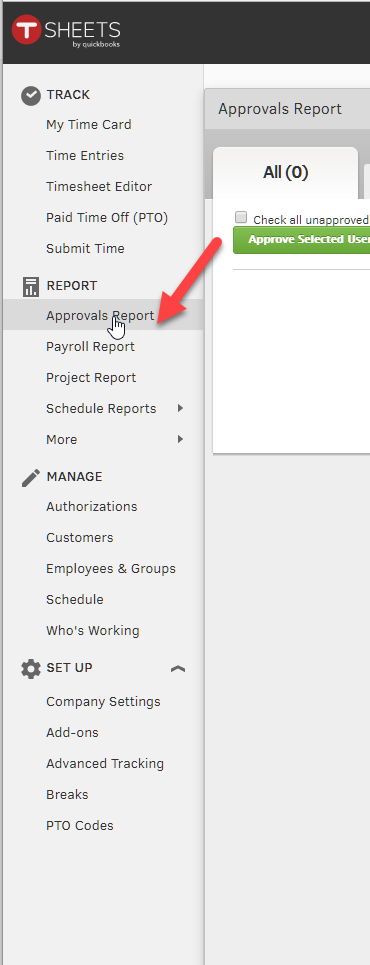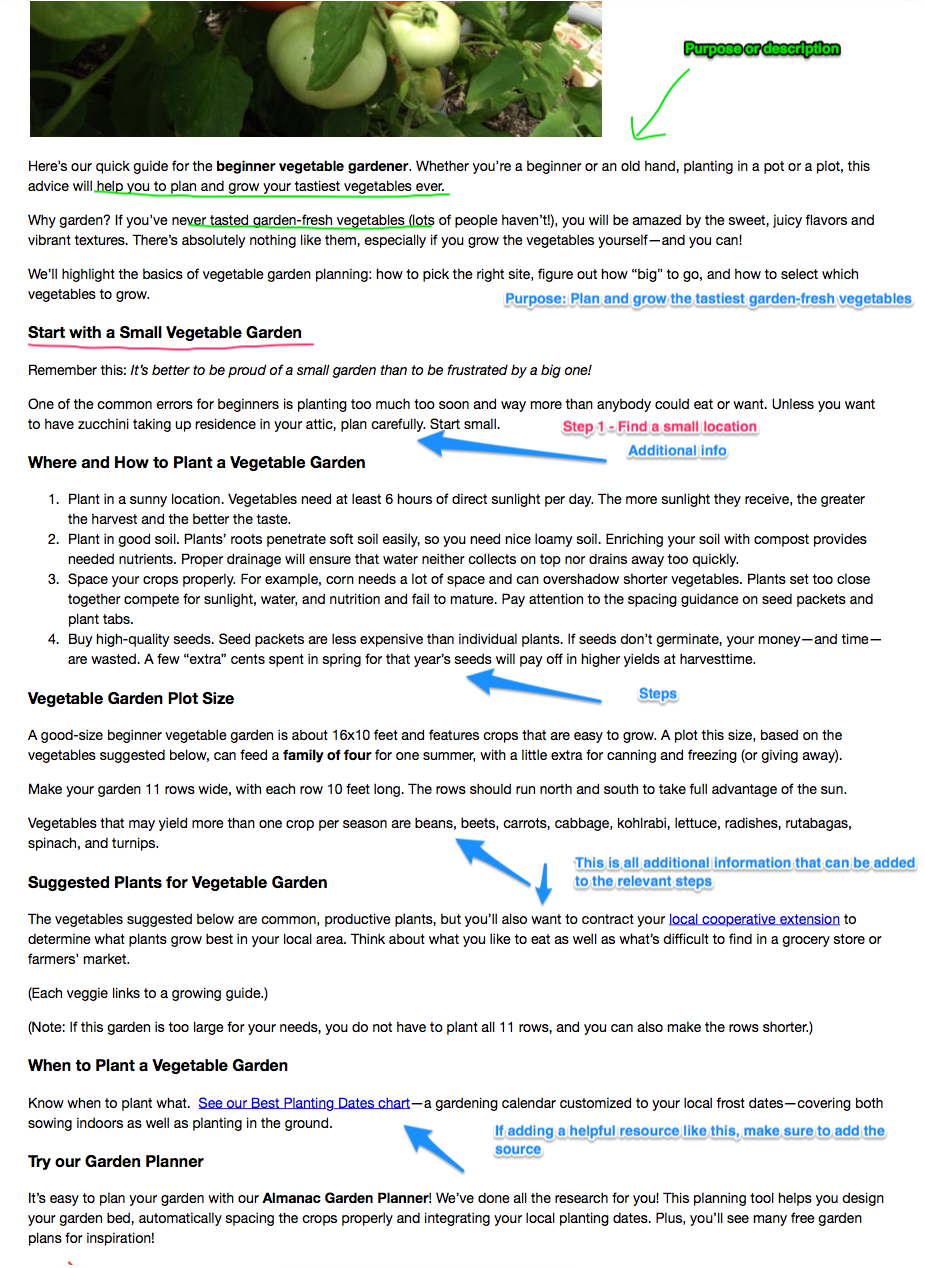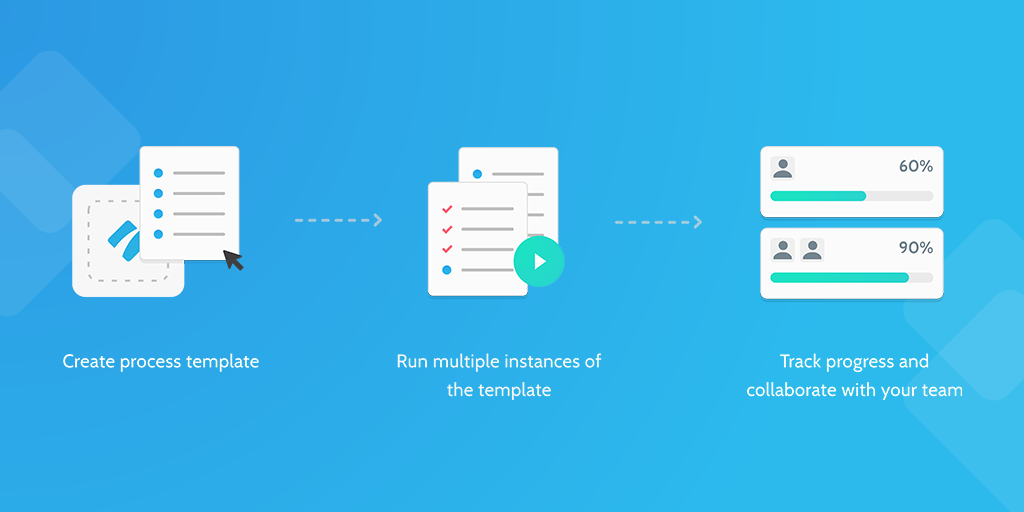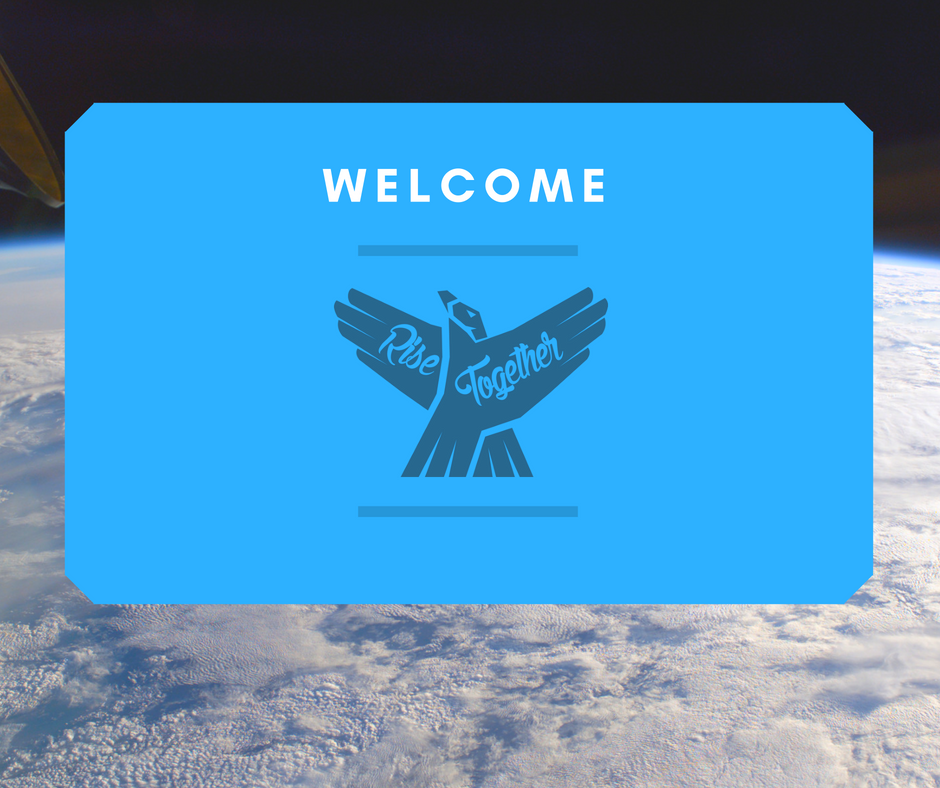The schools of today drastically differ from those our parents used to go to a few decades ago - and we aren’t talking walls here. The way how today’s students learn and what has changed, too. It’s considered strange if the class full of teenage kids sit still the whole lesson without moving around, communicating, or co-working in small groups. 21st-century learning targets a very specific skill set rather than sets students up to acquire the basis for specific professions. Why do we see such a shift and what kind of education do our kids receive in today’s world? Let’s break it down.
Main Factors That Affect the 21st-Century Education
● Technology. More and more educational establishments use technological innovations to facilitate the educational success of the students. Many schools offer free access to the labs, computer classes, and programs that are now important to be a successful candidate in the job market.
● Globalization. With a small investment or with the help of an international grant, a student from Brazil can study in Japan, Germany, France, or anywhere else in the world. This open-border policy regarding studying, research, and teaching has tremendously affected the way we now think about education. The best part? We don’t have to spend our whole life within one country, and this possibility of study travel also helps developing skills that no institution can teach us - be humane, kind, and empathic.
● New professions. Three decades ago, there was little known about academic writers, 3D designers, and even laser epilation specialists. Now they all seem to be in high demand and require some skills for the people to do their job.
● Shift from industry to service. According to Yuval Noah Harari, in 2010, 78% of Americans were employed in the service sector, 20% in industry, and only 2% - in agriculture. Educational services expand daily: you have plenty of private courses that give particular skills, technology companies that develop edtech apps and programs, etc.
Of course, together they are just the tip of the iceberg. Nevertheless, how have they contributed to shaping the education of the 21st century?
What Do You Need to Know About Today’s Education and Learning Process?
Focus on the 21st Century Skills
‘What are they?’ you’d ask. They are the ones that can help one be smart and competitive. Logical and critical thinking, languages, writing, problem-solving, cooperative and social skills, etc that can be applied in engineering or creative industries. To put it short, they are the skills that a human still does better than a robot from Boston Dynamics.
Using Services To Study Better
Both teachers and students do it. Teachers use free or paid programs to generate the exercises or check plagiarism in the writing projects. Students google the best website for assignment writing if they can’t understand or can’t cope with the assignment workload.
Professors seek the best explanation of the material that will suit the realities, students search for top assignment writing services that would be a good example for further projects. There are plenty of assignment help websites and open educational courses that both sides find helpful when they struggle with the task. And whether it’s the best assignment service, YouTube DIY channel, things explainer, or language app - it’s all cool as long as the goal is achieved.
Choosing to Develop the Applicable Skills
This century is most likely the end of classical education as we know it. People do realize that most of the skills that can be traded aren’t taught at schools or there is no point in sitting at college for 4 years to study something you can successfully learn within one if you focus solely on this skill.
Take programming as an example.
Yes, the knowledge of applied math, Calculus, and Math Analysis is cool, but you don’t need that to build an effective commercial app with Python. What the schools do now is narrowing the number of subjects the students study to make space for those classes that will be more effective for preparing students for life after school.
Prioritization Is Priority
Choosing what’s important is a great skill to have in life, and the students are learning it daily. Do I need to suffer on the project I don’t need or is it better to delegate this task to someone and spend time on the research that will benefit my future career? Do I need to study this information to get a grade or I better dive into something I can use later? Everyone learns how to prioritize at school, and that’s OK.
Some people might get scared of what education has turned into, especially if they compare the two from different centuries. But the changes driven by powerful factors have to make an imprint on education, too. This is why you see focused learning, which aims at developing qualifications necessary for one to adapt to the changes we have on the job market and society in general.


